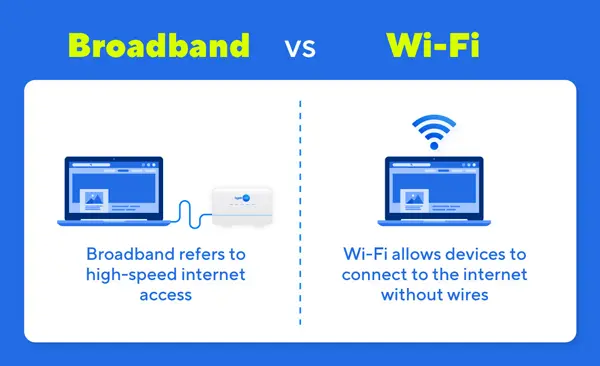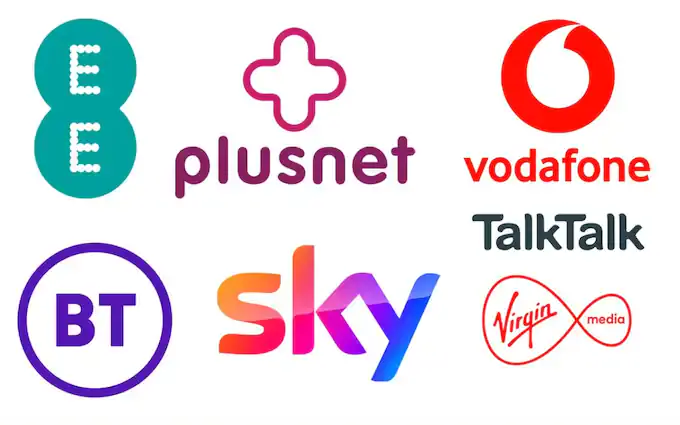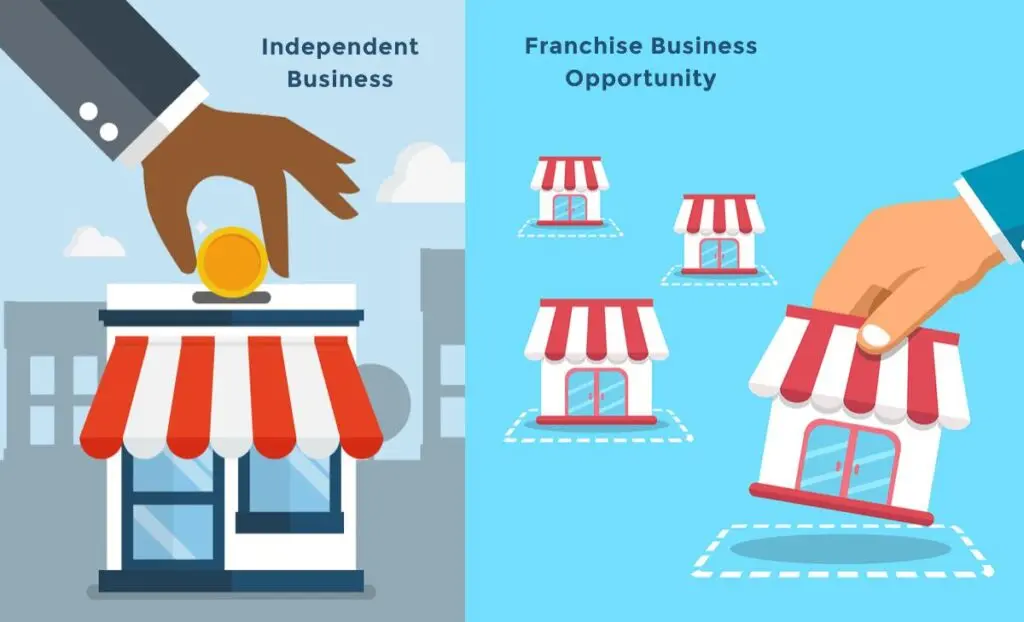
What Is Fiber Internet?
Fiber internet uses fiber-optic cables that transmit data as pulses of light. This technology enables extremely high-speed data transfer with minimal latency.
Key Benefits of Fiber Internet for Businesses:
- Blazing Fast Speeds: Upload and download speeds can reach up to 1 Gbps or more.
- High Reliability: Fiber is less prone to interference and outages compared to traditional cables.
- Symmetrical Speeds: Businesses get equal upload and download speeds, crucial for video conferencing and cloud services.
- Scalability: Fiber networks can easily scale to higher speeds as your business grows.
What Is Broadband Internet?
Broadband internet is a broader term referring to high-speed internet access that is always on. It commonly includes DSL, cable, and satellite connections.
Types of Broadband:
- DSL: Uses telephone lines, generally slower with speeds up to 100 Mbps.
- Cable: Uses coaxial cables, offers faster speeds than DSL, typically up to 500 Mbps.
- Satellite: Used in remote areas but often slower with higher latency.
Benefits for Business:
- Wider Availability: Broadband options are more widely available, especially in suburban and rural areas.
- Cost-Effective: Typically lower monthly fees compared to fiber.
- Adequate for Small Businesses: Suitable for businesses with basic internet needs like email, browsing, and light video calls.
Fiber vs. Broadband: Speed Comparison
| Connection Type | Typical Download Speed | Typical Upload Speed | Latency |
|---|---|---|---|
| Fiber | 500 Mbps – 10 Gbps+ | Same as download | Very low (<10 ms) |
| Cable Broadband | 100 Mbps – 1 Gbps | 10–50 Mbps | Moderate (20-50 ms) |
| DSL Broadband | 10 Mbps – 100 Mbps | 1–10 Mbps | Higher (50-100 ms) |
| Satellite | 10 Mbps – 50 Mbps | 1–10 Mbps | High (>600 ms) |
Source: FCC Broadband Report 2025
Which Is Best for Your Business? Factors to Consider
1. Business Size and Internet Usage
- Small businesses with limited internet use (email, light browsing) may find broadband cable or DSL sufficient.
- Medium to large businesses, especially those relying on cloud computing, video conferencing, and large data transfers, benefit from fiber’s high speed and reliability.
2. Budget Constraints
- Broadband often comes with a lower upfront cost and monthly fees, making it attractive for startups or small businesses.
- Fiber requires higher initial installation costs but offers better long-term value due to higher speeds and less downtime.
3. Reliability and Uptime Needs
- For businesses that require consistent uptime — such as financial firms, e-commerce, or healthcare providers — fiber internet’s superior reliability is a major advantage.
- Broadband can experience slowdowns during peak hours and is more vulnerable to outages.
4. Scalability and Future Growth
- If your business plans to scale quickly or adopt bandwidth-intensive technologies, fiber is future-proof with easy upgrade paths.
- Broadband can be limited in speed upgrades and may require switching providers as needs grow.
Fiber vs. Broadband: Cost Breakdown
| Cost Factor | Fiber Internet | Broadband Internet |
|---|---|---|
| Installation Fee | $300 - $1,000+ | $0 - $200 |
| Monthly Cost | $70 - $500+ (depending on speed) | $40 - $150 |
| Equipment Cost | Typically included or rental | May require modem rental |
| Maintenance | Minimal | Varies by provider |
The Final Verdict: Which Internet Should Your Business Choose?
| Business Type | Recommended Internet Type | Reason |
|---|---|---|
| Home Office/Freelancers | Broadband (Cable or DSL) | Cost-effective and sufficient speeds |
| Small Businesses | Broadband or Entry-Level Fiber | Balances cost with performance |
| Medium to Large Firms | Fiber Internet | High speed, reliability, scalability |
| High-Tech / Cloud-Based | Fiber Internet | Essential for heavy data and uptime needs |
Conclusion: Invest Wisely in Your Business’s Internet
Choosing between fiber vs. broadband depends largely on your business size, budget, and internet demands. Fiber offers unmatched speed, reliability, and future-proofing, making it the preferred choice for businesses that need top-tier performance. Broadband remains a viable and budget-friendly option for smaller or less internet-intensive operations.
Pro Tip: Before committing, check the availability of fiber in your area, compare provider plans, and evaluate your business’s current and future internet needs.



